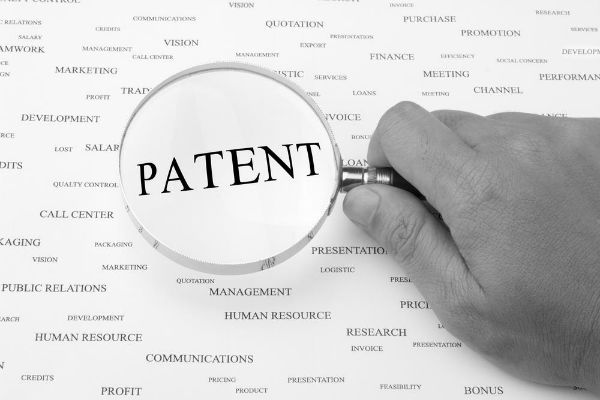Samsung, which has been taking a beating in the patent wars lately, stepped toward patent peace Jan. 27. The company ended a protracted patent battle with Ericsson (ERIC) when the two heavyweights agreed to cross-license each other’s cellular technologies, effectively ending a dispute stemming from the mobile network equipment maker’s lawsuit filed late in 2012 claiming the Korean device maker had infringed its intellectual property.

Samsung, which has been taking a beating in the patent wars lately, stepped toward patent peace Jan. 27. The company ended a protracted patent battle with Ericsson (ERIC) when the two heavyweights agreed to cross-license each other’s cellular technologies, effectively ending a dispute stemming from the mobile network equipment maker’s lawsuit filed late in 2012 claiming the Korean device maker had infringed its intellectual property.
The vendors kept most of the financial details of their multi-year agreement private, but Ericsson did disclose that Samsung’s initial payment will bump its Q4 sales by some 4.2 billion Swedish crowns ($652 million) and lift its net income for the period by 3.3 billion Swedish crowns ($512 million).
The cross-license agreement covers patents relating to GSM, UMTS, and LTE standards for both networks and handsets. The length of the contract could not be learned, although Ericsson chief intellectual property officer Kasim Alfalahi suggested agreements of this sort typically last four to seven years, according to a Business Standard account.
“This agreement allows us to continue to focus on bringing new technology to the global market and provides an incentive to other innovators to share their own ideas,” said Alfalahi in a statement.
Ericsson has some 33,000 patents covering key technology for 2G, 3G and 4G networks and handsets and has entered into about 100 similar licensing agreements with other IT companies.
The deal effectively ends all hostilities between the companies related to the patent dispute.
Google, Samsung Formalize
Separately, Google (GOOG) and Samsung inked a 10-year, global patent cross-licensing pact that could include thousands of patents, not only for existing technologies and businesses but also for patents filed for the life of the agreement.
Samsung and Google are regarded as longtime collaborators but until now the two had not signed a formal intellectual property deal. The agreement allows both companies to gain access to each other’s patent portfolios, which could portend future research and development collaboration and joint projects, officials said.
“We’re pleased to enter into a cross-license with our partner Samsung,” said Allen Lo, Google Deputy General Counsel for Patents. “By working together on agreements like this, companies can reduce the potential for litigation and focus instead on innovation.”
Commenting on the agreement’s significance—and perhaps also reflecting on Samsung’s fatigue from fighting patent wars on multiple continents—Seungho Ahn, who heads the Korean manufacturer’s Intellectual Property Center, said, “Samsung and Google are showing the rest of the industry that there is more to gain from cooperating than engaging in unnecessary patent disputes.”
That could be more than a thimbleful of wishful thinking. Let’s not forget the obnoxious lawsuit filed last October by a group of mobile IT heavyweights when Apple (AAPL), BlackBerry (BBRY), Ericsson, Microsoft (MSFT) and Sony (SNE)—operating as a consortium calling itself Rockstar and armed with a Nortel patent portfolio it won for an eye-popping $4.5 billion in 2011 by outbidding Google—filed an infringement suit not only against the search giant but also ASUS, HTC, LG, Pantech, Samsung and ZTE, all of which produce Android-based devices.
Rockstar’s suit alleges infringement on seven patents, which mostly surround Google’s sweet spot—its high-revenue search and advertising business. Rockstar wants either patent licensing agreements with the named companies or a blanket settlement, or both.
That’s much more what the intellectual property business is about.
About the Author(s)
You May Also Like


